Rainforest Foundation US’s Executive Director Suzanne Pelletier penned the following op-ed for the September 19 edition of the New York Daily News:
This is New York City’s Climate Week NYC. That means that — in what’s become a new autumn tradition — thousands of people will gather once again in the world’s richest city to discuss how we can best fight climate change.
Of course, any conversation about preventing climate catastrophe contains a couple of basic elements, including protecting the forests still standing. In the public imagination, these forests are untouched by human influence. The truth is more subtle: Indigenous peoples have been sustainably living amongst these forests for several millennia. These forests aren’t untouched; they just haven’t been destroyed.
Indigenous peoples protect rainforests better and more cost-effectively than national parks services. That’s neither hyperbolic nor wishful sentimentalism about the precolonial world; it’s a scientifically proven truth.
And so the key to preserving the forests isn’t to wall them off from people. It’s to better recognize and enforce the rights of the people who already live there.
The Global North — led by the United States and Europe — razed the majority of our forests. Now, as the climate impact of that destruction becomes clear, there’s increased pressure on the Global South to keep their remaining forests standing. But it’s unreasonable to expect indigenous peoples to fund these battles on their own or to sacrifice their lives in perpetuity for the planet’s collective good. That’s why we need to invest in the defense of indigenous defenders.
According to one recent analysis, there were 211 activists murdered last year for defending the environment and indigenous peoples’ rights. That’s a murder every 41 hours.
Things need to change quickly and dramatically, starting with increased criminal accountability. Indigenous environmental activists are vulnerable because the most important actors in these criminal justice systems — from police to judges and prosecutors — are often apathetic to their killings.
The details of each case are unique, but they aren’t isolated incidents. In the Peruvian Amazon, logging company executives are on trial for the alleged killings of four indigenous environmental activists in the village of Saweto. This should be a slam dunk case, but it’s been beset by neglect and corruption. It took federal police eight days just to show up at the crime scene to collect evidence. Most of the accused were never arrested. They haven’t even had to show up at the courthouse for procedural motions; free men, they call into their murder trial via Skype.
Instead of increased security for the guardians of Earth’s precious forests, indigenous peoples like Brazil’s Yanomami are left to fend for themselves. The Yanomami Indigenous Territory is over 37,000 square miles of forest, an area larger than Portugal. But the Yanomami are ravaged by poverty, disease and, increasingly, violence. If invading gold miners are allowed to kill the Yanomami — as they appear to have done last year — we will have only ourselves to blame when these forests are gone.
Our efforts can’t stop with protection from physical aggression. We must also defend indigenous peoples against the quieter violence of governmental neglect, which has created hostile living conditions throughout the Amazon basin. Helping an indigenous community secure potable water or electricity — something any middle-income country like Brazil or Peru should be morally obliged to provide for all of its people — might not sound like rainforest defense, until you consider the atmosphere these communities are enduring. When a community has no clean drinking water, no hospital access and not even enough resources to buy basic products like soap, how can we expect them to stand up to the hostility of invaders?
More and more, policymakers are coming around to this logic. That’s why, at the 2021 United Nations Climate Change Conference, a group of governments and private funders pledged $1.7 billion in direct support of indigenous peoples. But nearly a year later, only a fraction of that money has made its way to the frontlines.
For those who are primarily concerned with climate change, a rights-based environmental protection approach seems confounding. What, a skeptic might ask, does protecting people have to do with global warming?
A good deal. If an indigenous rainforest community is weakened, then forest defense is weakened. These are the only people who live in relative balance with these natural treasures rather than ravaging them for mass consumption.
In the public imagination, the rainforest is often encapsulated in the image of the toucan, or a jaguar or an iridescent butterfly. And it’s true that the rainforest is full of awe-inspiring wildlife. But if we want to protect the rainforests, we need to secure the safety and economic viability of the people who live there.
As first appeared in the New York Daily News on September 19th, 2022.








